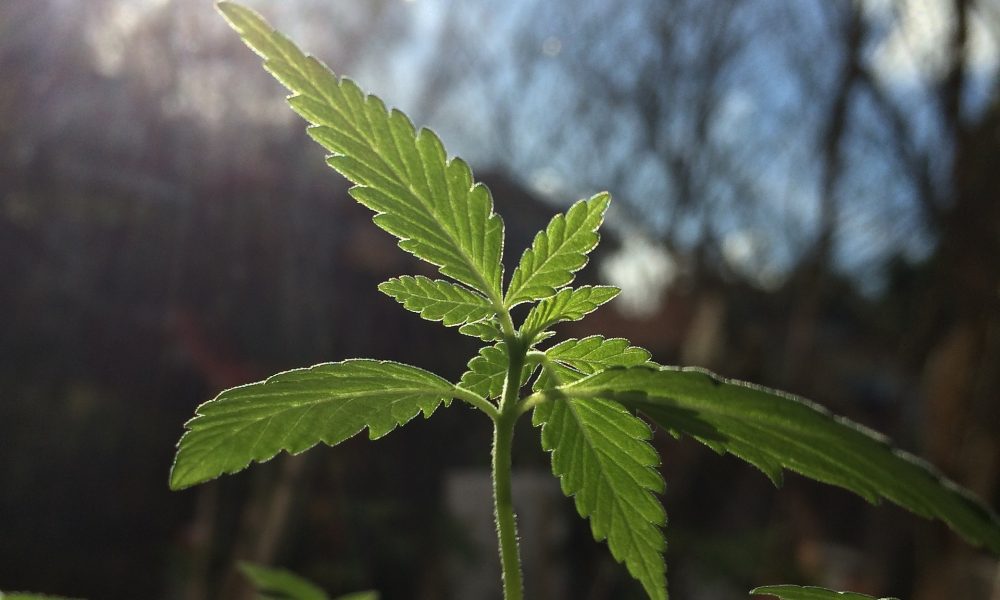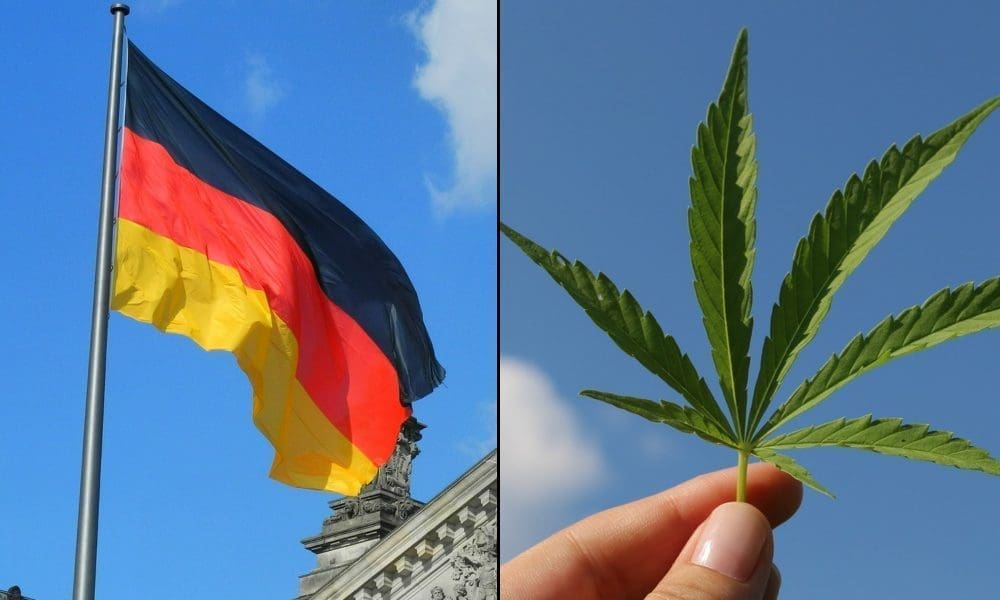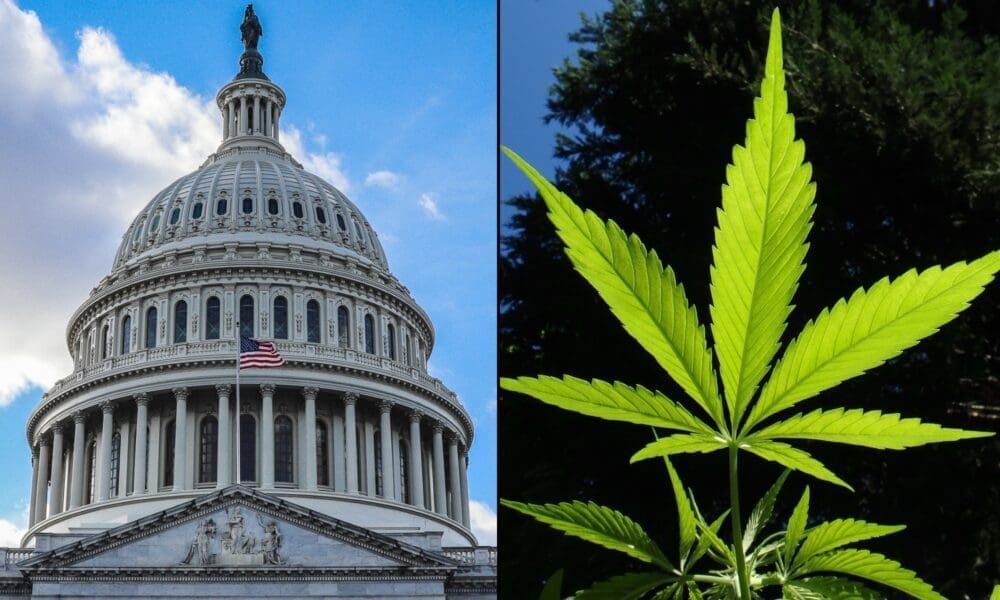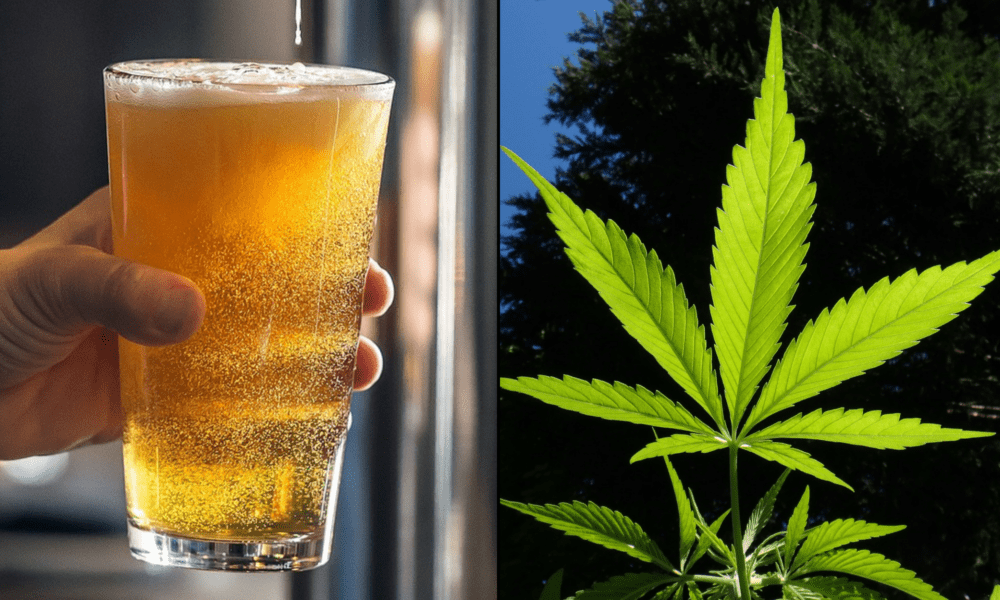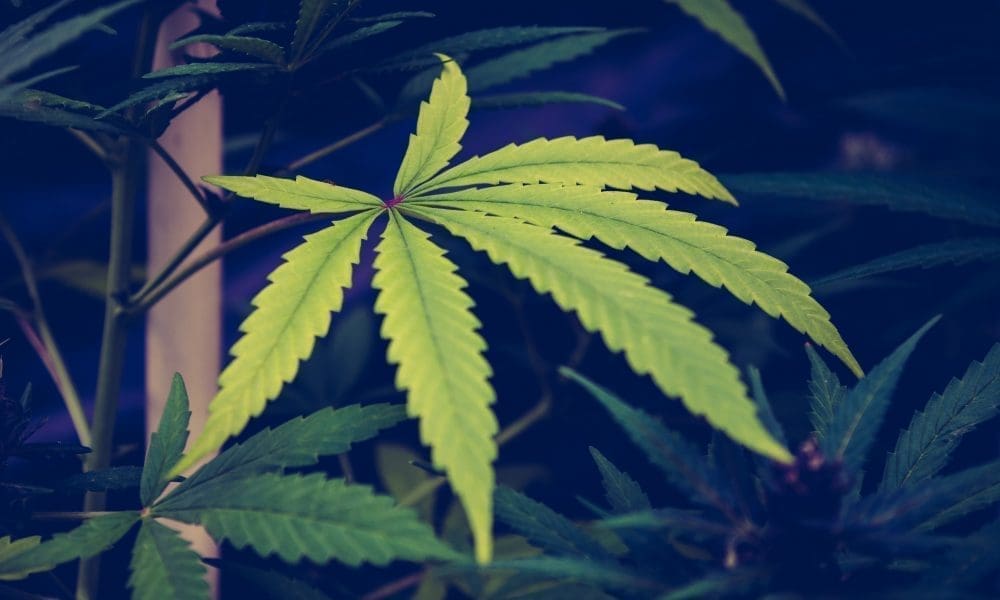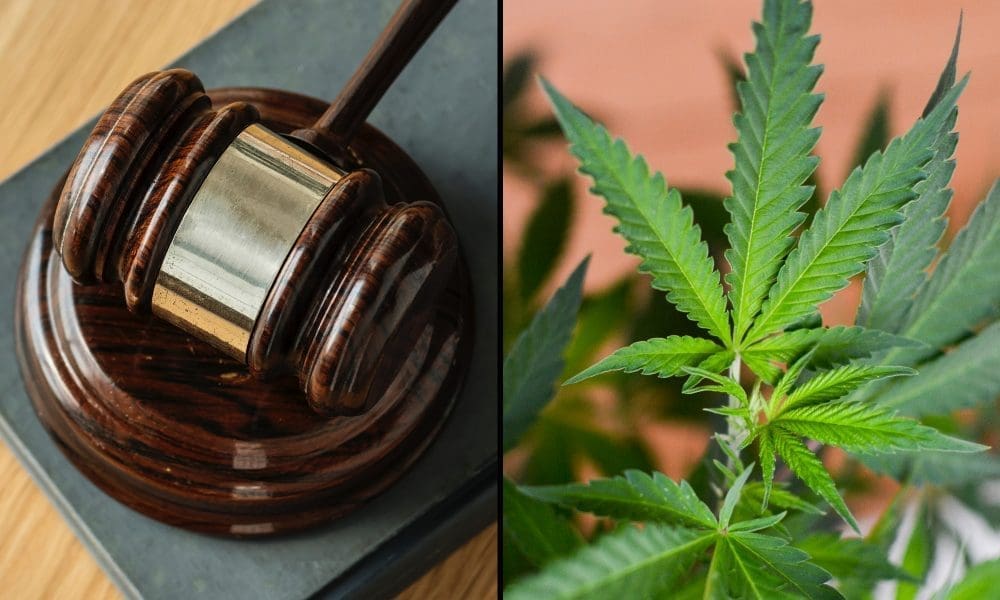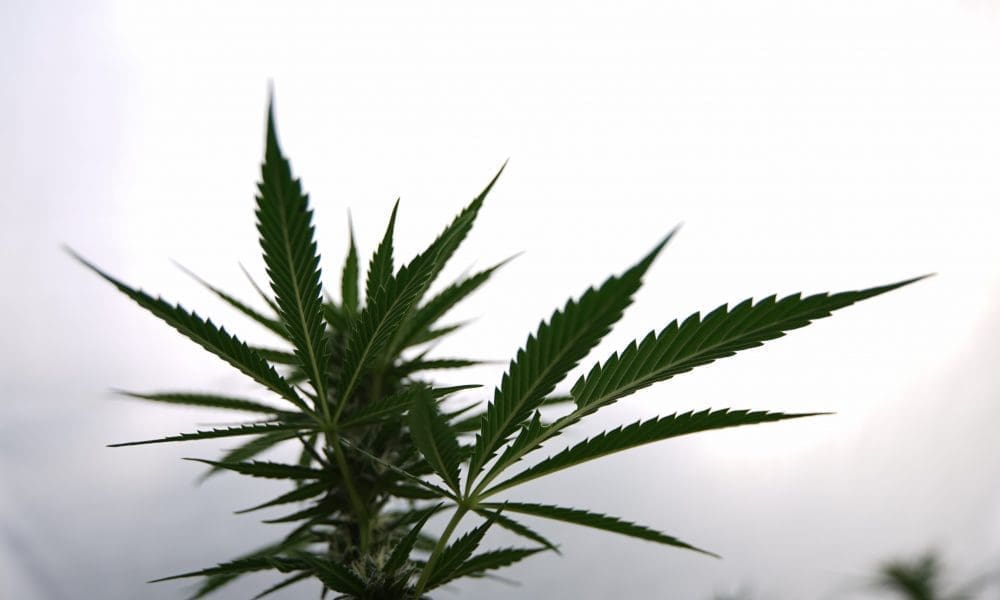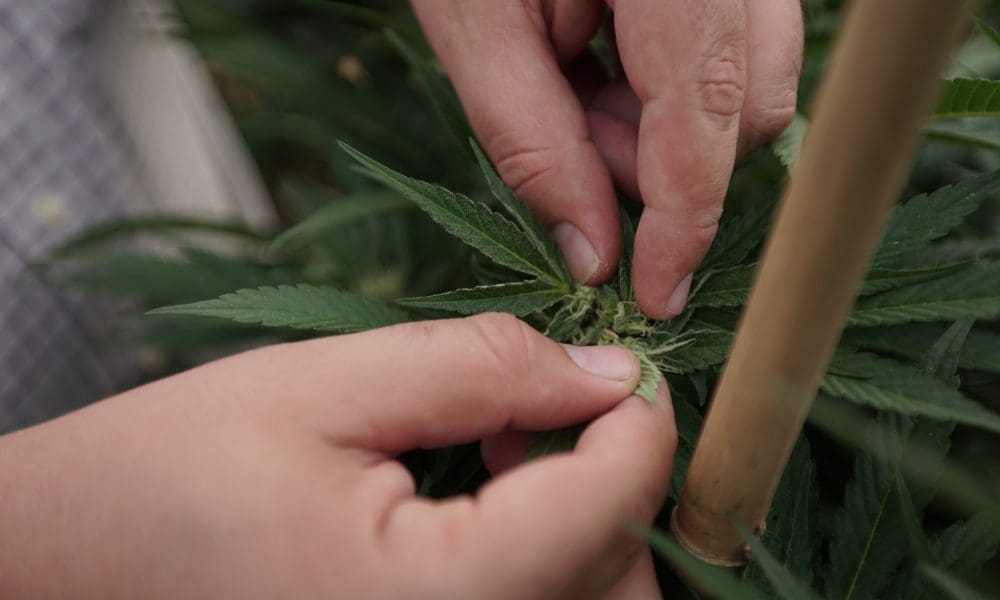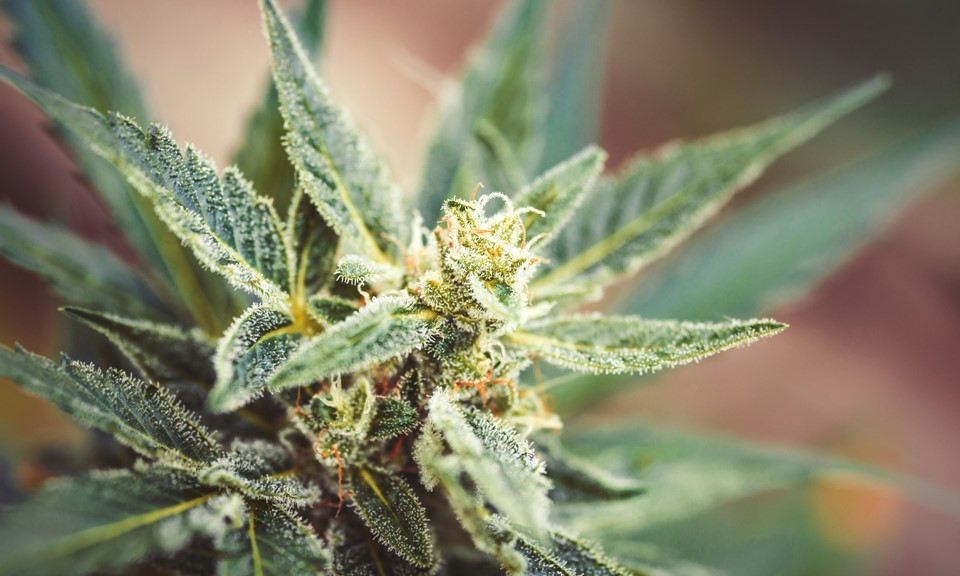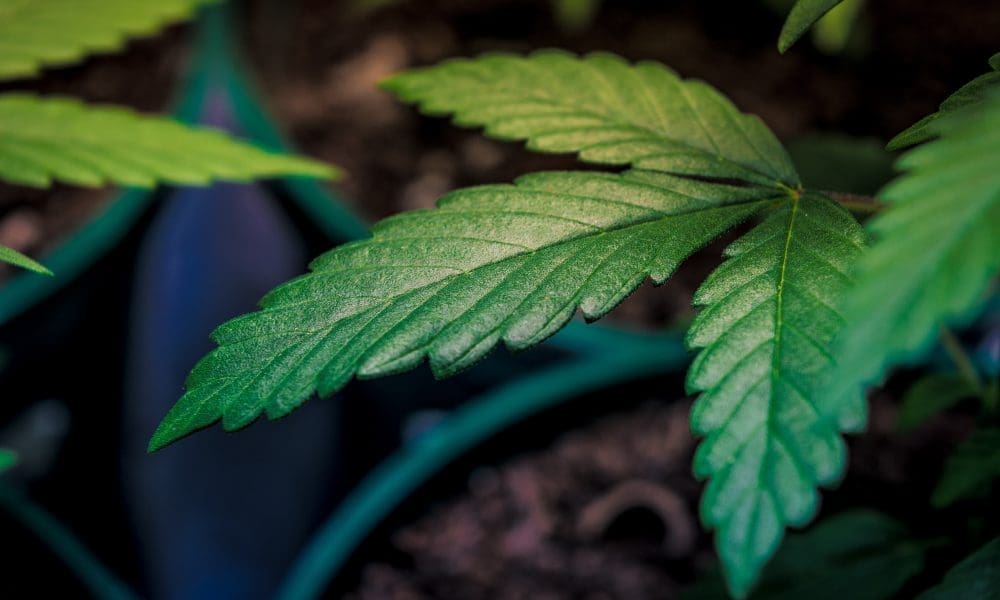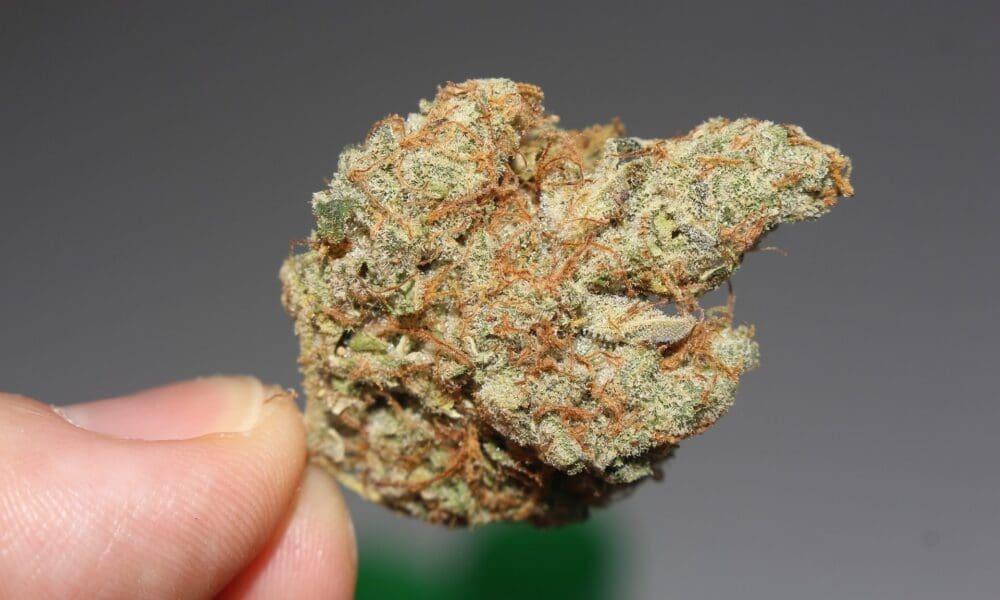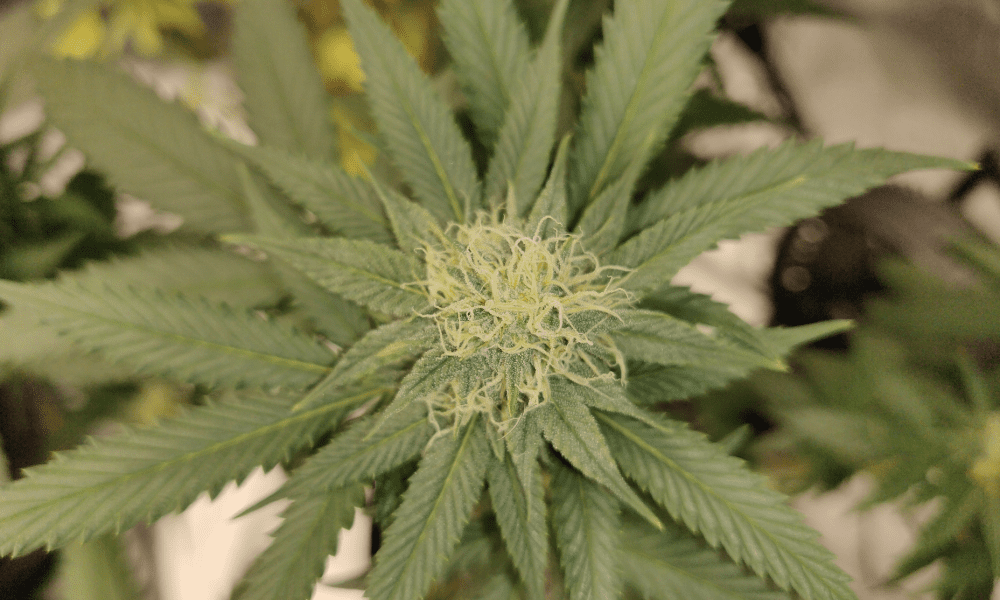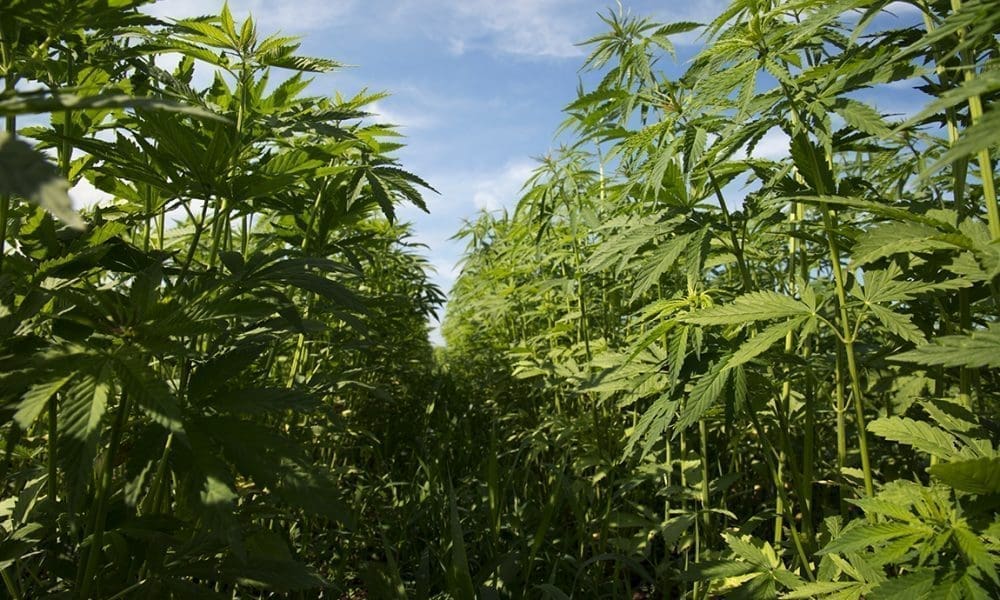
Senate Democrats’ Proposed Changes To Federal Hemp Laws Could ‘Eliminate A Whole Range Of Products,’ Industry Advocate Says
Senate Democrats have released the long-awaited text of an agriculture bill that contains several proposed changes to federal hemp laws—including provisions to amend how the legal limit of THC is measured and reducing regulatory barriers for farmers who grow the crop for grain or fiber. But...
Senate Democrats’ Proposed Changes To Federal Hemp Laws Could ‘Eliminate A Whole Range Of Products,’ Industry Advocate Says
Published
on
November 18, 2024
By
Kyle Jaeger
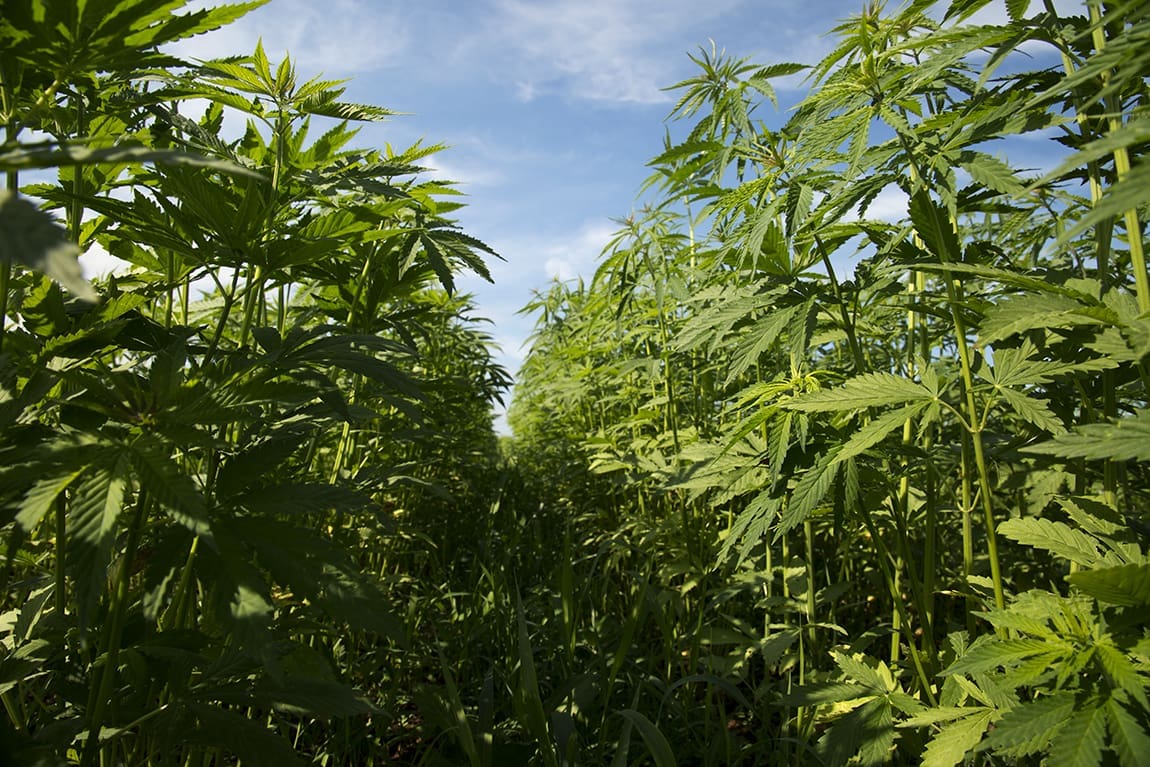
Senate Democrats have released the long-awaited text of an agriculture bill that contains several proposed changes to federal hemp laws—including provisions to amend how the legal limit of THC is measured and reducing regulatory barriers for farmers who grow the crop for grain or fiber. But certain stakeholders are concerned that part of the intent of the legislation is to “eliminate a whole range of products” that are now sold in the market.
About six months after publishing an initial summary of the legislation, the Democratic majority on the Senate Agriculture, Nutrition, and Forestry Committee shared the full text of its 2024 Farm Bill on Monday.
One key component of the legislation concerns the definition of hemp. As currently enacted, a crop is considered federally legal hemp if it contains no more than 0.3 percent delta-9 THC by dry weight. That would be revised under the new bill, making it so hemp would have to be tested for “total THC” content, including cannabinoids such as delta-8 THC and THC-A, and not just delta-9.
That could theoretically lead to a significant upheaval of the hemp industry as it has evolved since the crop was federally legalized under the 2018 Farm Bill, restricting not only the varieties of plants that could be cultivated but also the products that would be permitted in the marketplace. Lawmakers have been increasingly targeting intoxicating cannabinoid products that have proliferated in recent years.
The new draft bill would also create a specific definition for “industrial hemp,” which includes fiber, stalks, grain, oil, seeds and other components of the plant that “will not be used in the manufacturing or synthesis of natural or synthetic cannabinoid products.”
People applying for licenses to produce industrial hemp would not be subject to background checks under the proposed legislation. And farmers who are producing industrial hemp could see “relaxed regulatory requirements” such as allowing visual inspections or performance-based sampling methods.
While the Senate committee said in its summary that the draft bill would remove an existing ban “on persons who were previously convicted of a felony relating to a controlled substance from participating in the program or producing hemp,” it’s not immediately clear if that policy made it into the 1,397-page legislation.
Marijuana Moment reached out to the Senate committee for clarification, but a representative was not immediately available.
Another feature of the measure that wasn’t noted in the earlier summary relates to a “certified seed pilot program” that would be established, allowing the secretary of the U.S. Department of Agriculture (USDA) to authorize up to five states or tribal governments to “certify genetic purity and identity” of hemp seed varieties if they’ve been specifically bred to produce plants with no more than 0.3 percent total THC content.
Farmers who use those certified seeds could then apply for an exemption to testing requirements. Those exemptions would expire after three years, but they could reapply. Any states or tribes that are selected to participate in the pilot program would need to develop a regulatory plan for vendors of the certified seeds.
If an industrial hemp producer is found to have grown crops “inconsistent with that license,” with “a culpable mental state greater than negligence,” they would become ineligible to obtain licensure for five years from the date of the violation.
Jonathan Miller, general counsel for the U.S. Hemp Roundtable, told Marijuana Moment that stakeholders are “trying to figure all this out,” with questions remaining about the scope of the restrictions that are being proposed.
“We’re obviously opposed to it, but we don’t know how strongly we’re opposed,” he said. “It’s certainly intended to eliminate a whole range of products, but it could eliminate the whole hemp extract industry.”
That said, Miller noted that it’s widely understood on Capitol Hill that this bill is unlikely to advance to enactment in the remainder of the session, so there will be additional opportunity to amend the legislation.
In May, GOP House leaders released their own draft version of the agriculture legislation, which could also reduce regulatory barriers for certain hemp farmers and scale-back a ban on industry participation by people with prior drug felony convictions.
But under an amendment adopted by the House Agriculture Committee, it would also remove cannabinoids that are “synthesized or manufactured outside of the plant” from the federal definition of legal hemp. The change is backed by prohibitionists as well as some marijuana companies, who’ve described the restriction as a fix to a “loophole” in the 2018 Farm Bill.
The Congressional Research Service (CRS) said in a report in June that hemp provisions included in that spending bill could also “create confusion” for the industry due to a lack of clarity around the type of allowable products.
Anti-drug groups, law enforcement and some health organizations have called on Congress to embrace the ban, arguing that “trying to regulate semi-synthetic cannabinoids will not work.”
In addition to Miller’s amendment in the farm bill, the House Appropriations Committee in July approved a separate spending bill that contains a similar provision to prohibit cannabinoid products such as delta-8 THC and CBD containing any “quantifiable” amount of THC.
Hemp-derived cannabinoids also came up in a recent federal appeals court decision in which judges ruled that cannabinoids derived from hemp, such as THC-O-acetate, indeed qualify as hemp and are legal under the 2018 Farm Bill. In making that ruling, the court rejected the Drug Enforcement Administration’s more restrictive interpretation of the law.
How to address hemp-derived cannabinoids has caused some fractures within the cannabis community, and in some cases marijuana businesses have found themselves on the same side as prohibitionists in pushing a derivatives ban.
Lawmakers and stakeholders have also been eyeing a number of other proposals that could be incorporated into the Farm Bill—and which could come up as proposed amendments as the proposal moves through the legislative process—including measures to free up hemp businesses to legally market products like CBD as dietary supplements or in the food supply.
Also, in September, a Democratic senator introduced a bill that would create a federal regulatory framework for hemp-derived cannabinoids, allowing states to set their own rules for products such as CBD while also empowering the Food and Drug Administration (FDA) to ensure that certain safety standards are met in the marketplace—including making sure that products aren’t marketed to children.
Recent USDA data showed a slight rebound in the hemp economy in 2023—the result of a survey that the department mailed to thousands of farmers across the U.S. in January. The first version of the department’s hemp report was released in early 2022, setting a “benchmark” to compare to as the industry matures.
Meanwhile, USDA announced this month that it is once again delaying enforcement of a rule requiring hemp growers to test their crops exclusively at labs registered with the Drug Enforcement Administration (DEA), citing “setbacks” at the agency that have led to “inadequate” access to such facilities.

